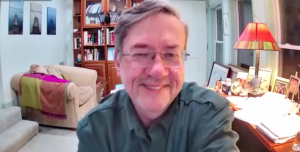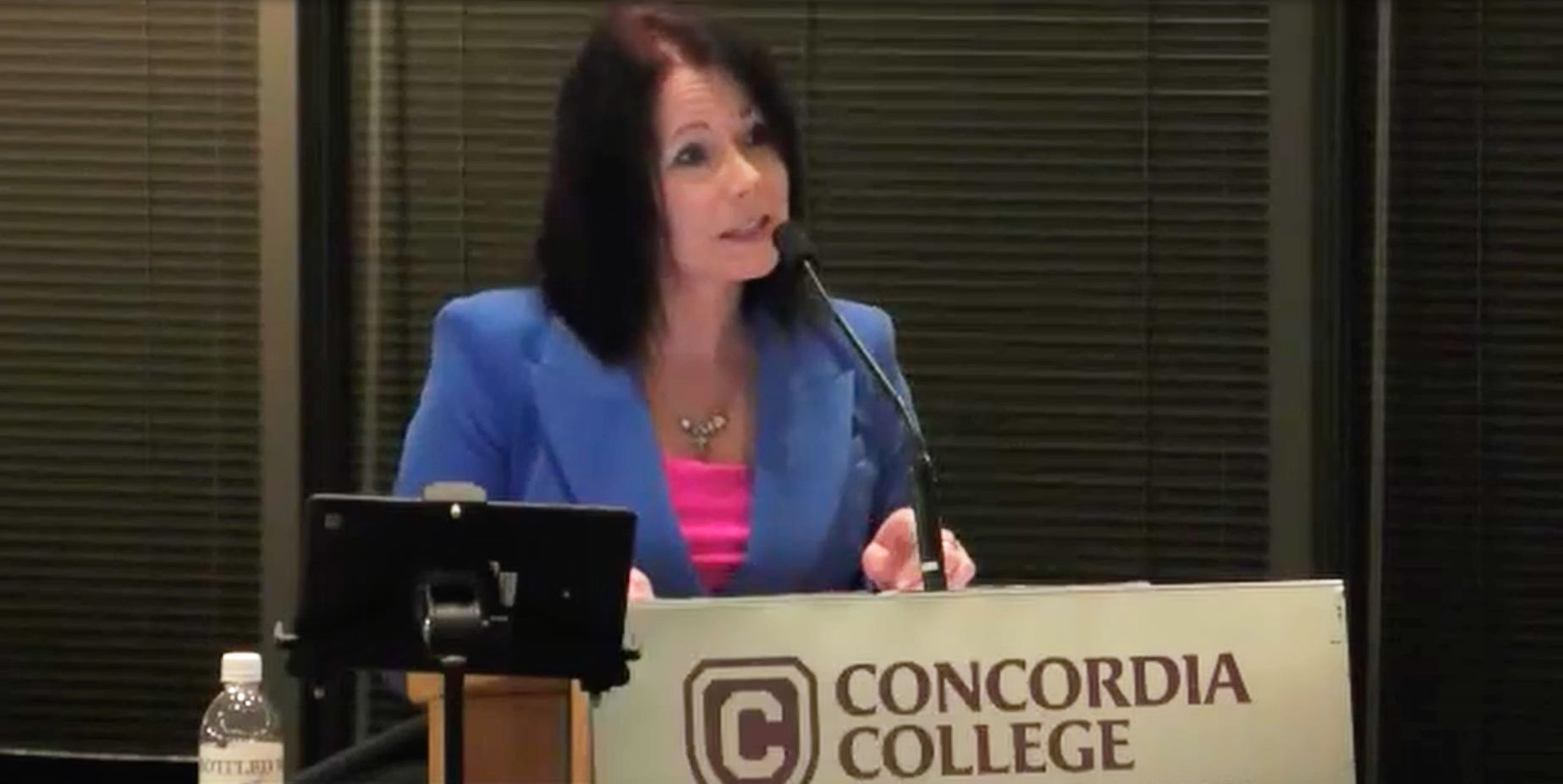What many foreign policy analysts had predicted became a reality the morning of Feb. 24, 2022, when Vladimir Putin ordered the Russian armed forces to conduct “peacekeeping operations” in Eastern Ukraine. According to the Pentagon, the “peacekeeping operations” meant a full-scale Russian invasion of Ukraine, as warned by President Joe Biden, operating on confidential information and seeing the buildup of approximately 190,000 troops on the border with eastern Ukraine.
Putin’s mission to “denazify” Ukraine, as he declared it, followed his recognition of the independence of Donetsk and Luhansk as part of the Donbas region, which has been controlled by Russian separatists since the Russian annexation of Crimea in 2014.
The U.S., NATO and other countries condemned the unjustified and unprovoked Russian aggression against Ukraine. These words were backed by sanctions against Putin, Russian oligarchs and Russian companies.
Many countries banned Russian air companies from flying planes in their areas. Russia was banned from the Society for Worldwide Interbank Financial Telecommunications, the system that enables financial transactions between individuals, entities, financial institutions and countries following a meeting between Ursula Von Der Leynen, the President of the European Commission; Boris Johnson, the UK Prime Minister; and President Biden.
Russia’s ban from SWIFT made Russian banks unable to connect their customers with the rest of the world. The German Chancellor Olaf Scholz announced his intention to end the Nord Stream 2 project, a massive pipeline that furnished Germany and the European Union with cheap natural gas from Russia.
At a panel discussion at Concordia College, Angel Rodriguez, professor of corporate finance, questioned whether these sanctions were an effective way to hinder Putin’s ability to harm Ukraine. Rodriguez said they tend to harm the citizens more than anything.

The guest speaker invited to the panel — Dan Hamilton, president of Transatlantic Leadership Network and senior fellow at the Johns Hopkins University’s School of Advanced International Studies Foreign Policy Institute — talked about the European dependence on Russian oil and why European countries should buy more oil and natural gas from the U.S. after a question by professor of political science Leila Zakhirova.

Besides these sanctions, Hamilton mentioned Putin seems not to care. He is determined to take this war to the end; however, he said there is one thing people are getting wrong: this is not the first conflict on European soil since World War II, and certainly not Putin’s first aggression towards another neighbor since the Fall of the Berlin Wall. In 2008, Vladimir Putin invaded the neighboring country of Georgia, a war that lasted for 12 days. The Department of Defense condemned the invasion, at the time.
In 2014, Putin annexed Crimea, a peninsula south of Ukraine. Since then, Ukraine has seen only further destabilization with the U.S. failing to stop the annexation.
The 2022 invasion of Ukraine saw another failure of the establishment. According to the Washington Times, U.S. officials had met with Chinese officials prior to the invasion seeking help; however, the Chinese administration leaked that information to Putin’s regime.
Hamilton stressed that in times like these, the U.S. leadership would be wise to learn some lessons. Hamilton, discussed how the latest American withdrawal from Afghanistan that left dozens of Americans unprotected and gave the Taliban millions of dollars worth of U.S. military equipment certainly played a role in Putin’s move towards Ukraine.

